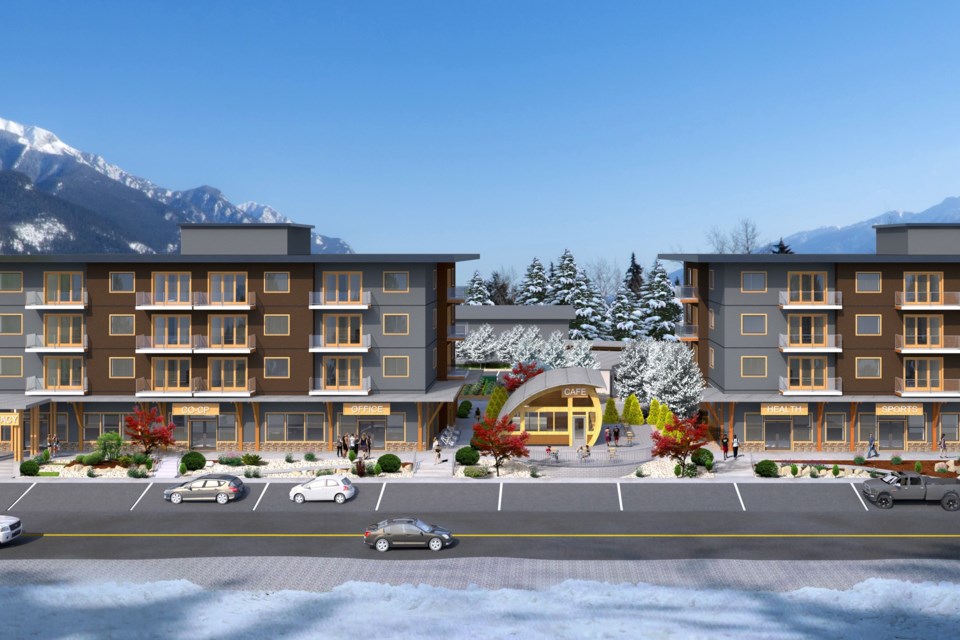Whistler-based company, Innovation Building Group (IBG), has launched a library of readily-available building designs for smaller communities and organizations.
The library, which was created as part of the company’s submission to the Canadian Mortgage and Housing Corporation (CMHC)’s Housing Supply Challenge, was formally launched in a new website on Tuesday, Aug. 13, a little under three months after the library proposal was listed as one of 18 semi-finalists in the challenge to increase housing supply in Canada.
“We are sharing our hard-earned knowledge to empower smaller communities and organizations to unlock the housing potential in their own backyards,” said Rod Nadeau, CEO and founder of IBG, in a press release to mark the launch.
“We’ve spent years constructing and operating our own projects, so every design is meticulously refined and rigorously tested by independent case studies and real-life operations, ensuring they are of the highest quality. Local builders and organizations can now pursue projects they might not have thought were possible.”
IBG touts the benefits of smaller communities and organizations utilizing the library of designs as a way to tap into its experience in planning and development, the customizability of the designs, ongoing efforts to make project applications more streamlined by designing to municipal code, and third-party endorsement of the IBG models.
The library as it exists now consists of nine different customizable designs, each intended to suit a different target market with an overall goal to increase housing in communities across Canada.
The designs range from entire complexes down to fourplexes to suit landscapes and plots across Canada, and are scaleable to allow increased density. The library is expected to expand over the next year.
The company says its designs are offered at a discounted price, and can both increase delivery and reduce cost of projects.
According to IBG, based on a hypothetical project with a budget of $15 million, developers that use the IBG library can shave up to 19 months off the process of design to the issuing of contracts for construction (down to 18 months from a hypothetical 37 months), and up to 47 per cent off the total cost of the process up to that stage (for a total of $385,000 compared to $721,000).
It does this by significantly reducing the costs of designing a new building, with the cost of downloading a design being as low as $500. Organizations that go with the IBG designs are then supported by the company through the process.
Speaking to Pique previously, Nadeau leaned in to the benefits offered to not-for-profit organizations that sought to plug holes in Canada’s housing market.
“Not-for-profits are whom it can benefit the most,” Nadeau said, explaining while templates would be off-the-shelf, each could be customized to fit a customer’s need such as adding office or commercial space, underground parking and more—and all based on designs of buildings IBG has already constructed in British Columbia.
“Not only are we offering a library, but our designs are proven high-performance, energy-efficient buildings,” he said. “We’ve already paid the price of innovation—we’ve found the unintended consequences of using some new products, new materials and utilized them in a different fashion. We’ve worked out the problems in our designs. If someone uses our designs, they have a lot less risk than a brand-new design.”
IBG and its library are now in the running to receive another infusion of money from the CMHC’s housing supply challenge. While the company has already received a check for $1 million, 10 of the 18 semi-finalists will be in the running for a $3-million prize to take their idea even further. A further level of funding will be available to the top three proposals, which will get $5 million for “game-changer solutions.”
The housing supply challenge is an ongoing initiative by the CMHC to encourage private developers to find innovative ways to improve Canada’s housing market availability through cash prizes.




